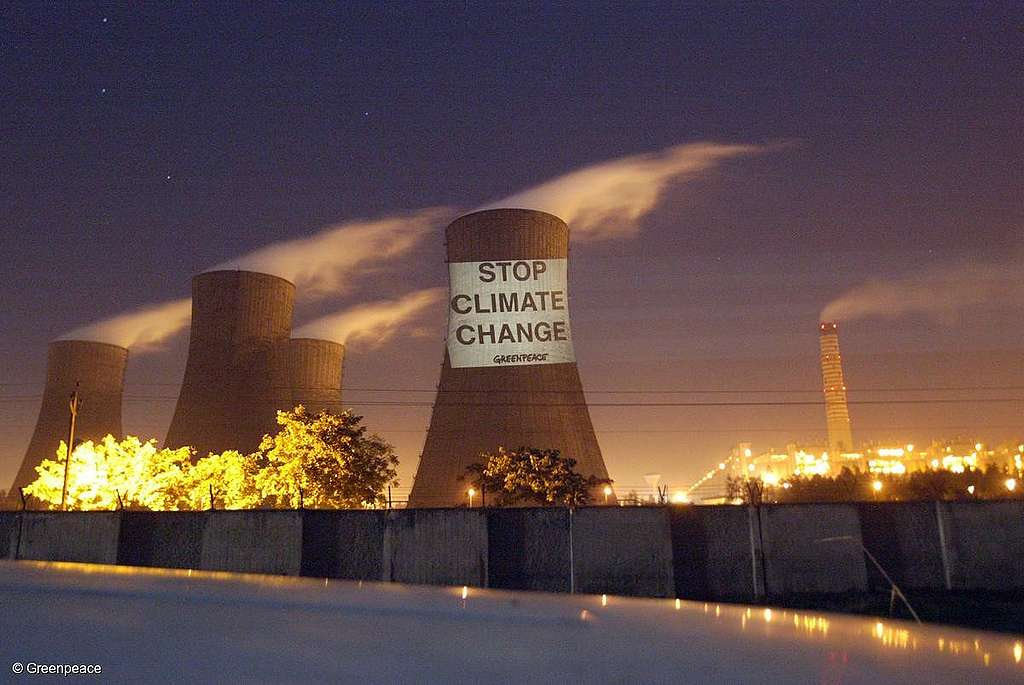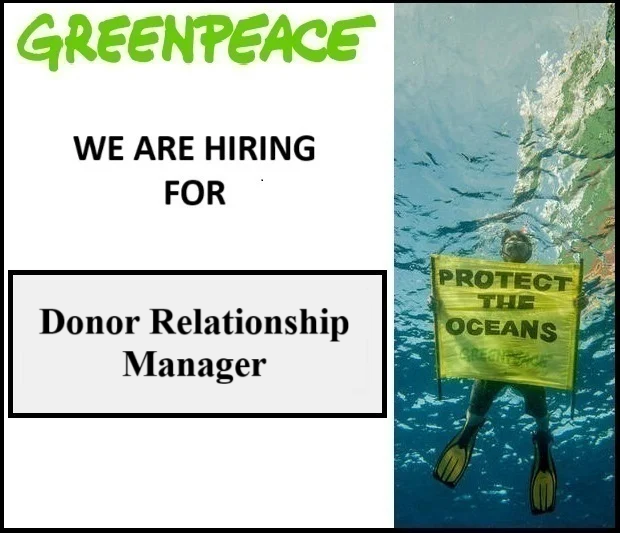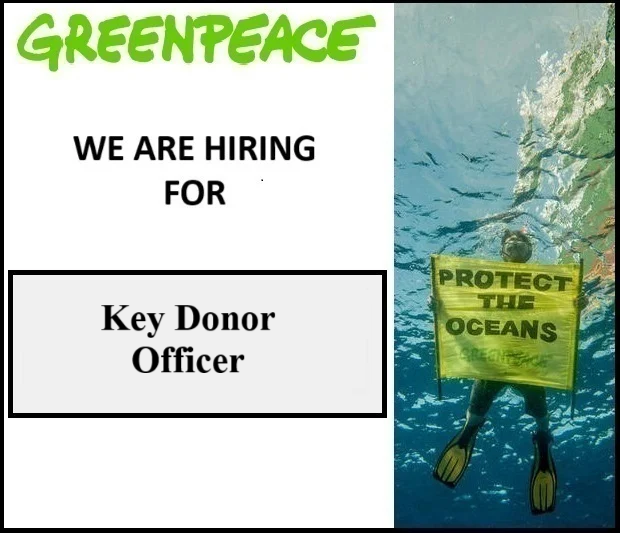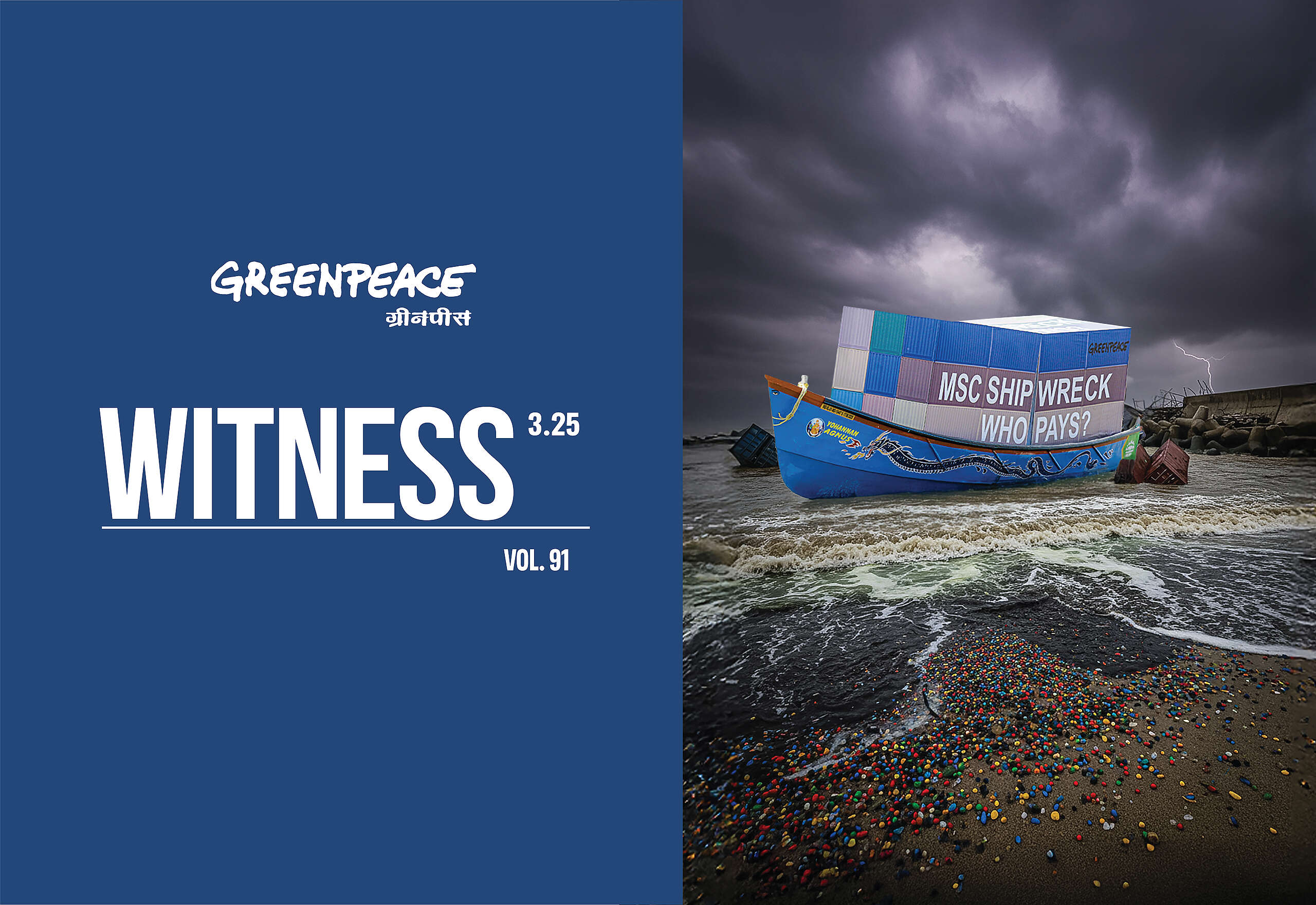
Credit: Greenpeace
New Delhi, 28 February: Intergovernmental Panel on Climate Change (IPCC) in its Working Group II report, has presented the most elaborate scientific assessment of climate impacts until now. While the report focuses on impacts, adaptation and vulnerability, it also provides detail on how severe the impacts of climate change already are and how it’s causing widespread losses and damages to people and ecosystems across the globe. Earlier, the Working Group I report also highlighted the record levels of greenhouse gasses and associated heat and its impacts on human lives.
Commenting on the report, Avinash Chanchal, Campaign Manager at Greenpeace India said, “Today’s updated IPCC findings make it clear that climate change is a human rights issue. We now have enough facts to say that the most vulnerable and poor communities in the global south are already facing a greater risk from the climate crisis and collective efforts are needed to deter that. Mortality from extreme weather events is staggering and higher than ever in climate vulnerable countries like India. The government and corporations must ensure that any climate action has to address the growing gap on adaptation, losses, damage and deep injustices. The world leaders are required to face the facts emerging from the report with brutal honesty and responsibility so that we can find solutions that match the scale of the interconnected challenges.”
The IPCC WG-II report also lays focus on the crucial importance of fighting the interconnected climate and nature crises together. Only by protecting and restoring ecosystems can we build their resilience towards warming, and protect all their services that human well-being depends on. The report also highlights how extreme events are impacting cities, settlements and related infrastructure. It clearly points out the need for an adequate system which can support climate resilience, mitigation and enable climate adaptation in cities.
“The report is certainly going to define climate politics. No more announcements without action is going to work. Last year in Glasgow at the UN climate summit, governments admitted they’re not doing nearly enough to meet the Paris Climate Agreement 1.5°C warming limit, promising to revise their national targets by the end of 2022. The time is now to act!” Chanchal added.
The Working Group II contribution to the IPCC Sixth Assessment will be followed by the contribution of the Working Group III in April, which will assess ways to mitigate climate change. The full story of the IPCC Sixth Assessment Report will then be brought together by the Synthesis Report in October.
Find the Key Takeaways from the WG II Report here.
Contact:
Rohin Kumar
[email protected]
Nischita Verrendra
[email protected]



